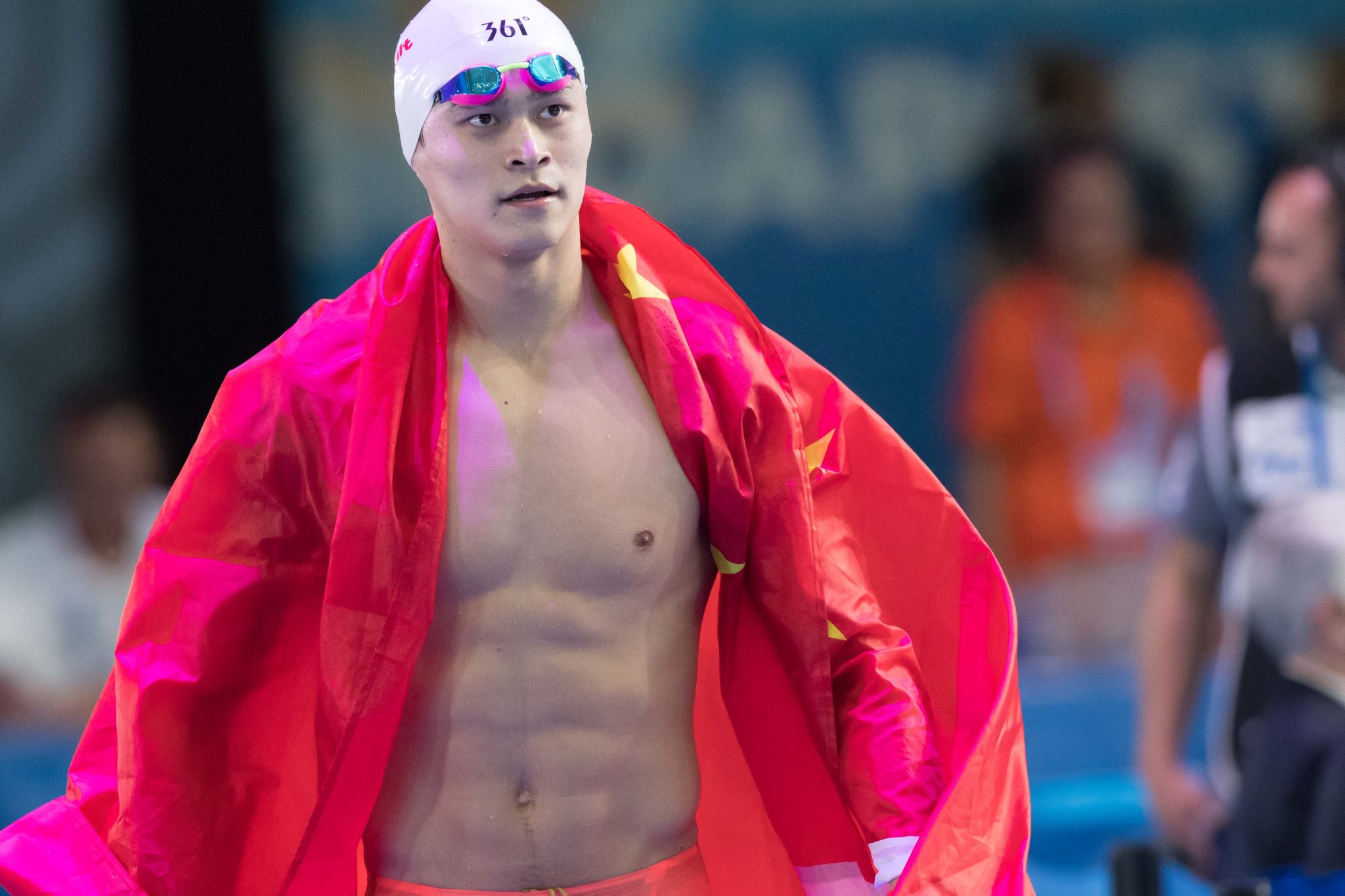
By David Owen |
Increasingly in sport, most roads that do not lead to the Middle East lead to China and its huge market of 1.3 billion people, a growing proportion of them highly aspirational and middle class.
But under President Xi Jinping, this vast nation seems to be becoming more assertive; organizations requiring access to this market are having to be careful what they do and say.
Last week, I wrote about this theme in the context of basketball and that tweet by Houston Rockets general manager Daryl Morey – expressing support for protesters in Hong Kong.
Now an interesting juxtaposition of events is looming in another big Olympic sport: swimming.
On October 4, the International Swimming Federation (FINA) disclosed that the second edition of its Champions Swim Series would be staged exclusively in… you guessed it, China.
The series would comprise two legs, both in January 2020, with the first in Shenzen and the second in the capital Beijing.
For context, the inaugural 2019 edition comprised three meets in China, Hungary and the United States, respectively.
I can see a logic behind the 2020 decision, and it is not solely related to money, or even expanding the sport’s reach among that enormous population.
Yes, as a senior swimming official advised, the China Swimming Association (CSA) has been “very supportive” of FINA for many years.
As I have sought to explain before, FINA’s finances are a lot less dependent on the International Olympic Committee handout from the Olympic Games than many sports, and fast-rising partnership rights and fees from world championship host-cities are part of the reason.
But, at least as importantly as any financial incentive, 2020 is Summer Olympic year.
Consequently, as the official outlined, athletes were keen a) for the 2020 series to take place early in the year and b) to have a chance of competing in high-level events in a similar time zone to Tokyo. Despite the fact that when the Tokyo 2020 swimming finals eventually come along, they will be held during morning sessions.
China is also said to produce good spectator support for top swimming events.
Finally, staging both meets in one country, as well as in rapid succession, ought to make travel logistics simpler and easier for athletes commencing a big year.
So far, so relatively sensible – and I should throw in at this point that FINA, perhaps under pressure from the upstart International Swimming League, whose inaugural events have been unfolding this month, does genuinely seem to be trying harder nowadays.
This year, I am told, the organization will distribute over $10 million in prize money, and not far short of the same again to developing federations through its development program.
Now, back to that interesting juxtaposition of events. It was confirmed this week that the appeal filed by the World Anti-Doping Agency (WADA) against Sun Yang, a Chinese swimming star and three-time Olympic champion, and FINA will be heard at the Court of Arbitration for Sport (CAS) on November 15.
It will be a public hearing, so initially, at least, it seems destined to be a true media bunfight with extensive global coverage.
What I am wondering though is this: given this hearing date, is it not possible that the judgment might be published at around the time of that 2020 Champions Swim Series in mid-January?
And if it is, and if it is bad news for Sun – and let me underline vigorously at this juncture both that he is innocent unless and until proven guilty with all appeal rights exhausted and that I have absolutely no opinion about what the CAS verdict might be – how do we think the Chinese might react, bearing in mind that he is one of the biggest sports stars in the country?
In particular, might it herald problems for this China-based series, and conceivably for the short-term future of the sport in China?
It would be an outrage, clearly, if it did: the dispensing of justice in any field needs to be held in respect if the system is to endure. This is especially so in international matters such as sports law, where there is a risk that somebody’s patriotic feelings may be hurt with almost every ruling.
It would also be darkly ironic in this case, since WADA, to repeat, is appealing against both Sun and FINA, after a decision by the latter’s Doping Panel whereby, in CAS’ words, Sun “was found not to have committed an anti-doping rule violation following an out-of-competition doping control”.
The panel instead issued the swimmer with a warning following allegations a blood sample was smashed during the control. Sun denies wrongdoing.
I must admit, though, the extraordinary reaction in China in the recent basketball affair hardly inspires confidence.
Nor, frankly, does this extract from a recent column by Gideon Rachman, one of our clearest-sighted foreign affairs commentators, in the Financial Times.
“The [European Union] once dreamt that the whole world would move towards a law-based system, similar to the EU method,” Rachman wrote. “But a world order, shaped by Xi Jinping’s China and Trump’s America, will be based on power rather than rules.”
Rachman paints on a far broader canvas than the world of sport, let alone one particular appeal – however interesting – to be heard in the genteel lakeside jazz town of Montreux.
But if he is right, there is a great deal for sport, along with many other sectors, to think about.
Republished with permission from insidethegames.biz.